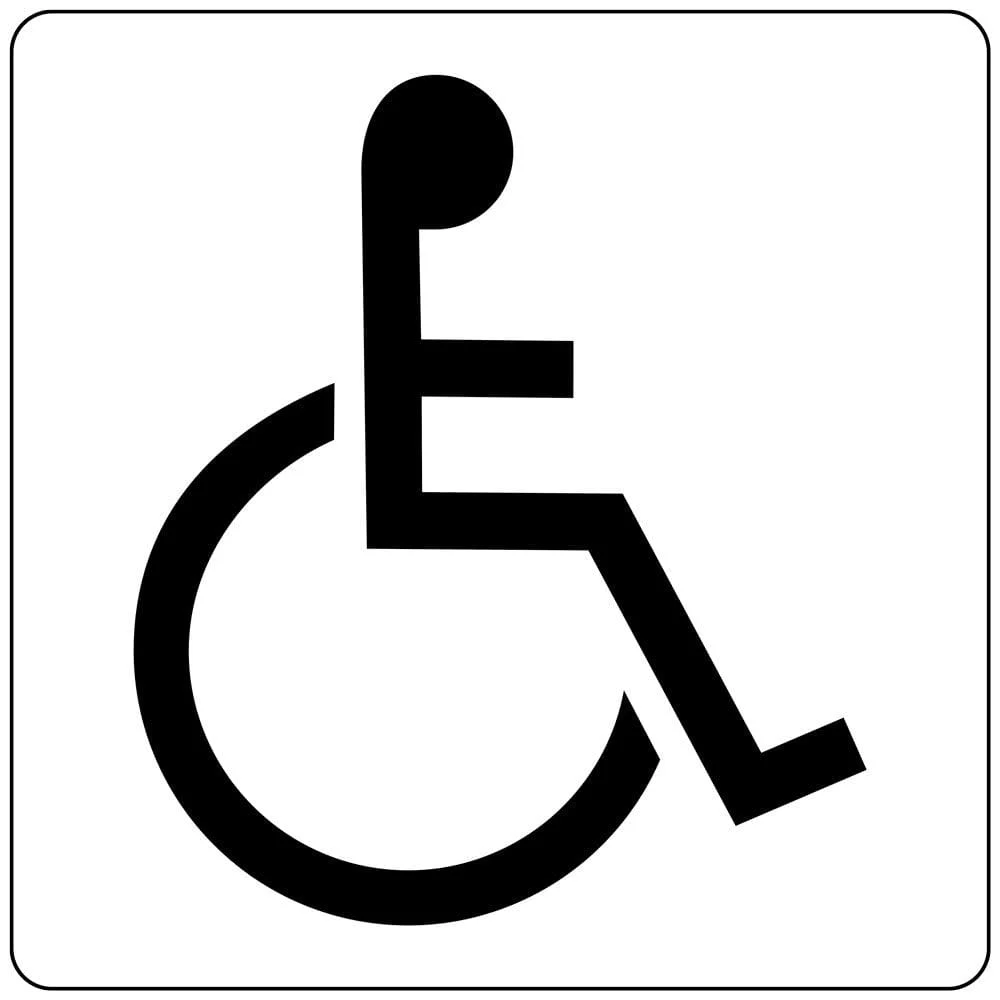
People with hearing loss face an increased danger of falling, which can result in traumatic brain injury (TBI). Hearing aids can help prevent such falls.
Hearing loss doesn’t just impact how you interact with other people. It also poses serious risks to your safety. People with hearing loss face an increased danger of falling, which can result in traumatic brain injury (TBI). As TBI is often life-altering or even fatal, you should understand the risks – and know what to do to prevent devastating falls.
The link between hearing loss and falling
Any fall can be hazardous to one’s health and wellbeing, but it’s not just due to immediate physical damage. There can be significant trauma to the brain as well, even if the fall doesn’t seem too severe or if there are no symptoms right away. In fact, in 90 percent of incidents resulting in TBI, the person never loses consciousness.
Research from Johns Hopkins University found that even mild hearing loss can increase the risk of falling by three times. With more extensive hearing loss, that risk only increases.
The reason? Reduced awareness of one’s immediate environment (like not hearing another person approaching) is one aspect. At the same time, difficulty hearing puts a greater strain on the brain. The increased cognitive load can result in fewer cognitive resources to maintain balance and gait. These factors put people with hearing loss, especially older individuals, at higher risk of falling.
How hearing aids can help
When properly fitted with hearing aids, you become more in tune with your environment and less susceptible to falling. Meanwhile, improved hearing can prevent the cognitive overload caused by hearing loss. Hearing aids also help you distinguish subtle sounds and their direction. For instance, a hearing aid wearer can better hear another person or a pet approaching and reduce the chance of falling due to a surprise collision or by tripping over them.
A study by Washington University School of Medicine found that hearing aids do more than just increase alertness. When instructed to perform balance tests with and without hearing aids, participants maintained better balance when wearing the hearing aids. The findings suggest that enhanced hearing enabled participants to use sound information as auditory reference points to maintain balance, similar to how we use visual cues.
Improve hearing to prevent falls
TBI can be a debilitating aftermath of a bad fall. Fortunately, the risk can be reduced by using hearing aids to gain greater awareness of your surroundings and maintain balance. The key to preventing TBI-inducing falls due to hearing loss is to have your hearing checked regularly and take the appropriate corrective action.
If you are worried about how hearing loss can increase your (or someone else’s) risk of falling, schedule an appointment with a hearing care professional today.
Click here to access the original article

